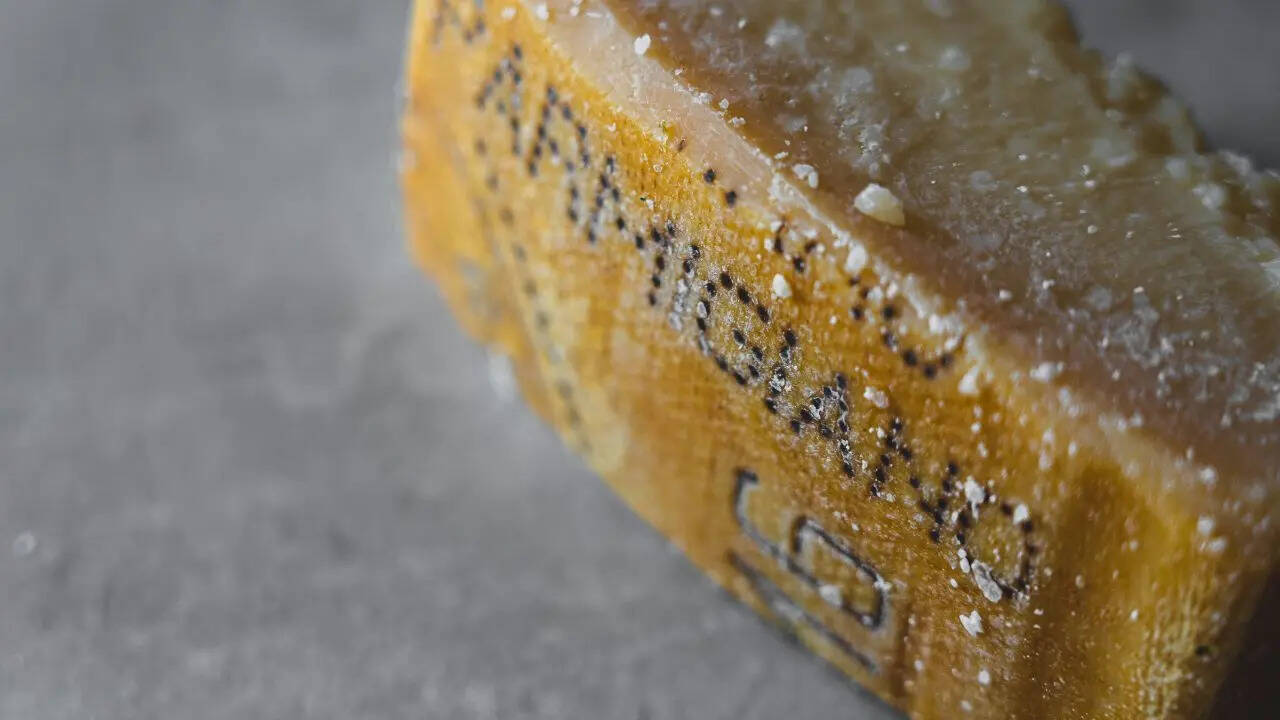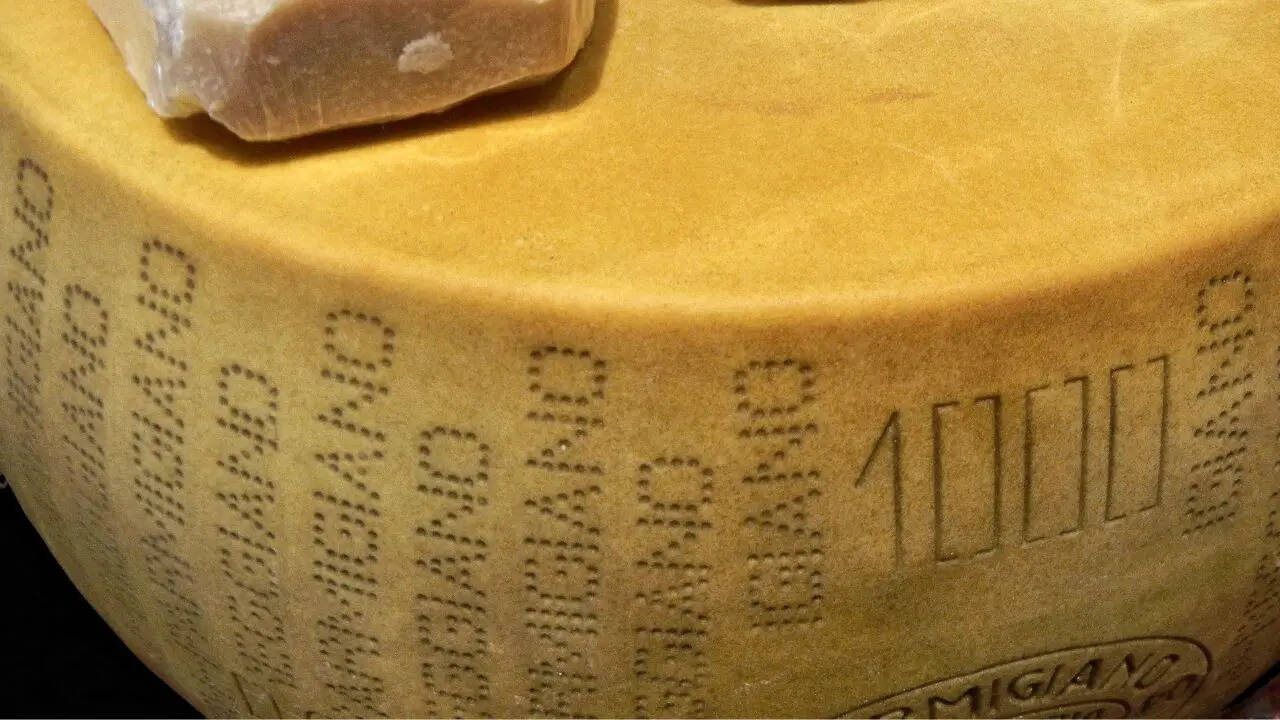
Parmesan has been handed over to Punjabi farmers in many parts of Italy
Photo : iStock
In the flat plains of northern Italy’s Po Valley, where rolling hills meet dairy farms and the air carries the scent of aged cheese, an unexpected cultural bridge has formed between two agricultural heartlands separated by thousands of miles. Here, amongst the traditional cheesemaking factories that produce Parmigiano Reggiano, Punjabi farmers have quietly become the guardians of Italy’s most celebrated dairy tradition.The connection between Punjab and Parma might seem unlikely at first glance, but the similarities run deeper than geography. Both regions share a profound relationship with the land, cattle, and dairy farming that stretches back generations. When Sikh families began arriving in Italy during the 1980s, they found themselves drawn not to the cities but to the countryside, where the flat terrain, humid climate, and agricultural rhythms felt remarkably familiar.
The Cross-Cultural Connection
Punjab, literally meaning ‘the land of five rivers’, has always been an agricultural region where families have maintained intimate connections with their livestock. This deeply ingrained understanding of cattle care and dairy farming proved invaluable when Punjabi immigrants sought work in Italy’s cheese-producing regions. The knowledge passed down through generations in rural Punjab translated seamlessly to the dairy farms of Reggio Emilia and Parma.
The timing couldn’t have been more perfect. As Italy’s economy evolved and younger Italians increasingly moved towards urban careers, traditional dairy farming faced a labour shortage. The physically demanding work of twice-daily milking schedules, seven days a week, required dedication that many local workers were no longer willing to provide. Enter the Punjabi farmers, who brought not only their expertise but also their strong work ethic and respect for livestock.
 Cheesemaking has become the unlikely link between Italy and Punjab
Cheesemaking has become the unlikely link between Italy and Punjab
Photo : iStock
Both Punjabi and Italian farming communities place enormous importance on quality, tradition, and the relationship between farmer and animal. This mutual respect for craftsmanship and dedication to maintaining standards has created a harmonious working relationship that benefits both communities.
Punjabi farmers have embraced the meticulous standards required for Parmigiano Reggiano production. Under strict EU regulations, this cheese can only be made from milk produced in specific regions of northern Italy, using traditional methods that have remained largely unchanged for centuries. The attention to detail required, from the early morning milking schedules to the careful handling of livestock. aligns perfectly with the farming traditions these families brought from Punjab.
A Generational Shift
Interestingly, the success of integration may present future challenges for the industry. Second and third-generation Punjabi-Italians, educated in Italian schools and fluent in local dialects, increasingly aspire to careers beyond dairy farming. Many pursue professional jobs in offices, laboratories, and other sectors, mirroring the same trend that originally created opportunities for their parents and grandparents.
This generational shift reflects successful integration but also highlights the cyclical nature of agricultural labour. As established immigrant communities move into different sectors, new waves of workers may be needed to maintain Italy’s cheese-making traditions.
The irony is delicious in its own way, many of the wheels of Parmigiano Reggiano enjoyed on tables around the world have been crafted with the care and expertise of farmers whose ancestors tended cattle in the fields of Punjab. The sharp, nutty flavour that cheese lovers savour carries within it not just Italian tradition but also the agricultural wisdom of another farming culture entirely. In the end, the preservation of Parmesan cheese has become a truly international effort, where the fields of Punjab meet the plains of Parma, and tradition finds new life through the hands of those who understand its value most deeply.

